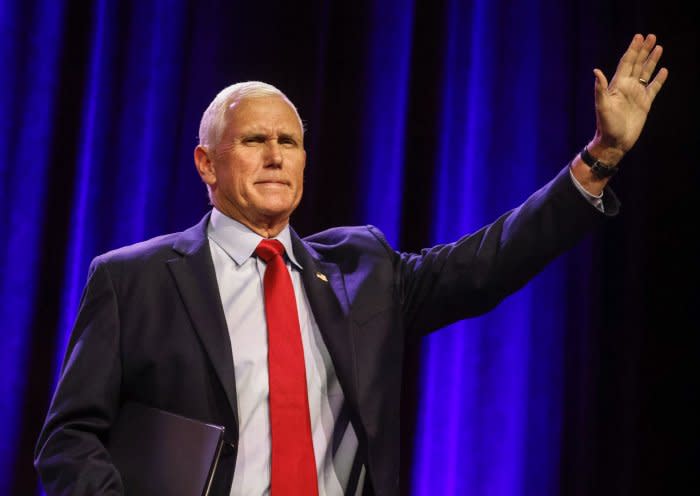On This Day, June 5: President Ronald Reagan dies at age 93
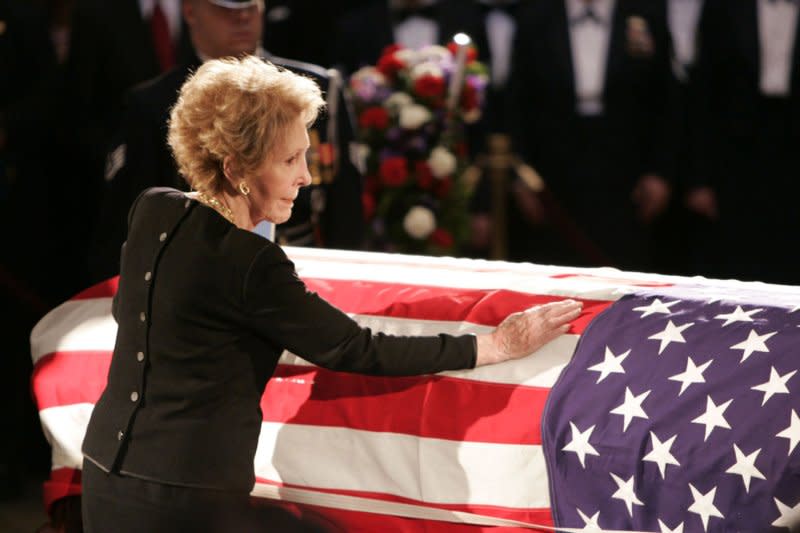
On this date in history:
In 1933, President Franklin Roosevelt signed a bill abolishing the gold standard.
In 1950, the Supreme Court ruled 8-0 that segregation of African Americans in railroad dining cars violated the Interstate Commerce Act.
In 1967, the Six-Day War began between Israel and the Arab states of Egypt, Syria and Jordan.
In 1968, as he campaigned for the Democratic presidential nomination in Los Angeles, Sen. Robert Kennedy was shot by Sirhan Sirhan, a Palestinian immigrant. Kennedy, 42, died the next day.
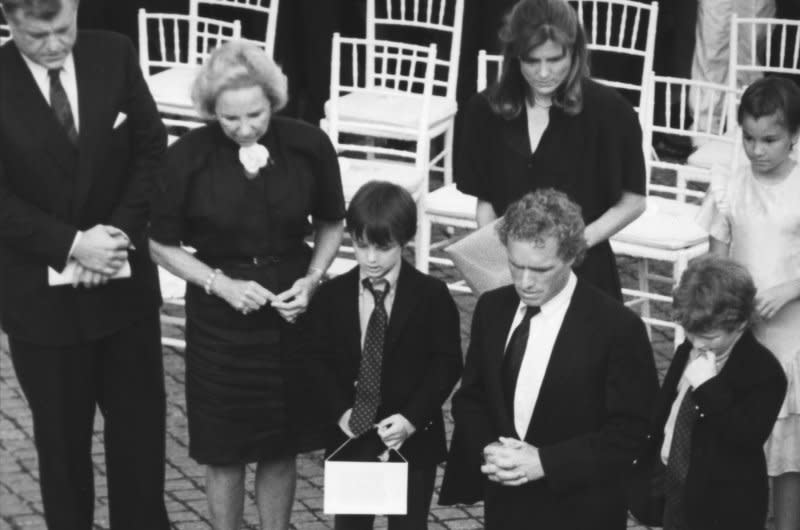
In 1976, the Teton River Dam in Idaho collapsed as it was being filled for the first time, killing 14 people, flooding 300 square miles and causing an estimated $1 billion damage.
In 1991, in a step away from apartheid, South African legislators repealed the Land Acts of 1913 and 1936, which reserved 87 percent of land for whites.
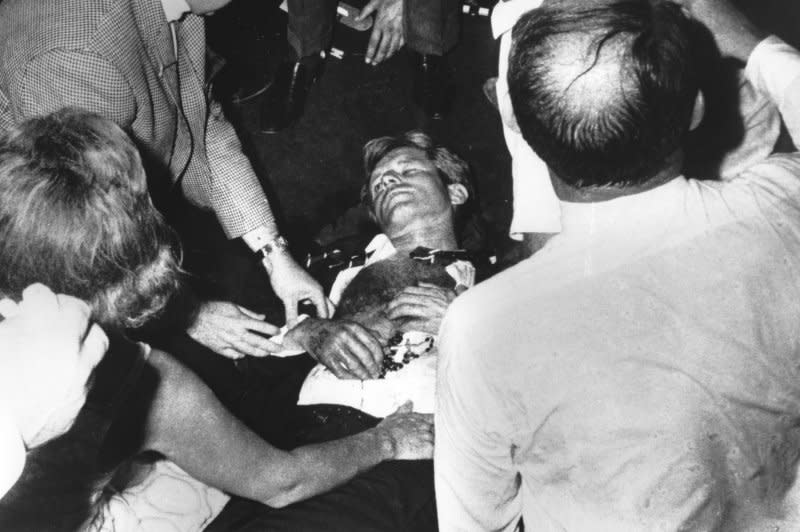
In 1998, members of the United Auto Workers went on strike at a General Motors plant in Flint, Mich., over frozen wages. The strike ended seven weeks later with GM promising not to close facilities and buying new equipment for workers, and some workers increasing output by 15 percent.
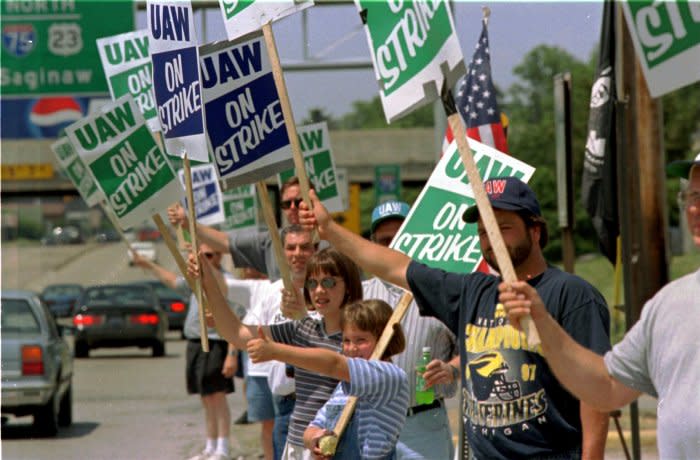

In 2000, Ukrainian officials announced that the Chernobyl nuclear power plant, site of the worst radiation accident in history, would be closed.
In 2001, Tropical Storm Allison struck the Texas coast for the second time shortly after forming in the Gulf of Mexico. The storm, which made a second landfall days later in Louisiana, would go on to kill 50 people and cause $5 billion along the gulf and northeastern coasts.
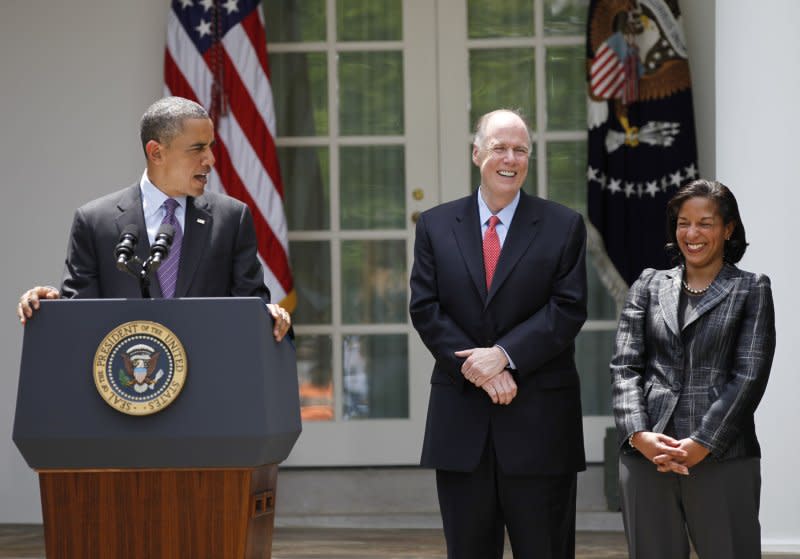
In 2003, officials said U.S. troops would withdraw from the Demilitarized Zone between North and South Korea, bringing an end to 50 years of guard duty.
In 2004, Ronald Reagan, the 40th U.S. president, died at his Los Angeles home at the age of 93 of complications from Alzheimer's disease.

In 2008, the alleged mastermind of the Sept. 11, 2001, terror attacks on the United States told a military court in Guantanamo Bay, Cuba, he wanted to plead guilty to the charges to become a martyr. Khalid Sheik Mohammed said he expected to face the death penalty.
In 2010, U.S. President Barack Obama named Lt. Gen. James R. Clapper Jr. director of national intelligence.
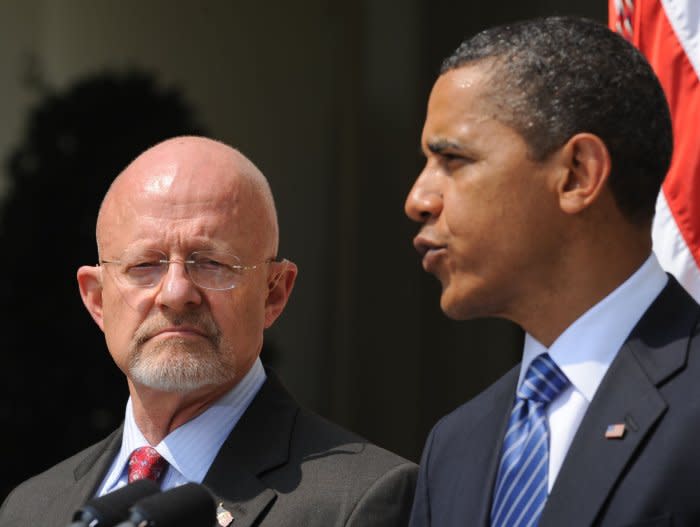
In 2012, Wisconsin Gov. Scott Walker, a Republican, became the first governor in U.S. history to survive a recall election.
In 2013, Susan Rice was named U.S. national security adviser, replacing outgoing Tom Donilon.
In 2023, former Vice President Mike Pence officially filed paperwork to seek the Republican nomination to run for president of the United States. He dropped his bid in late October 2023.
